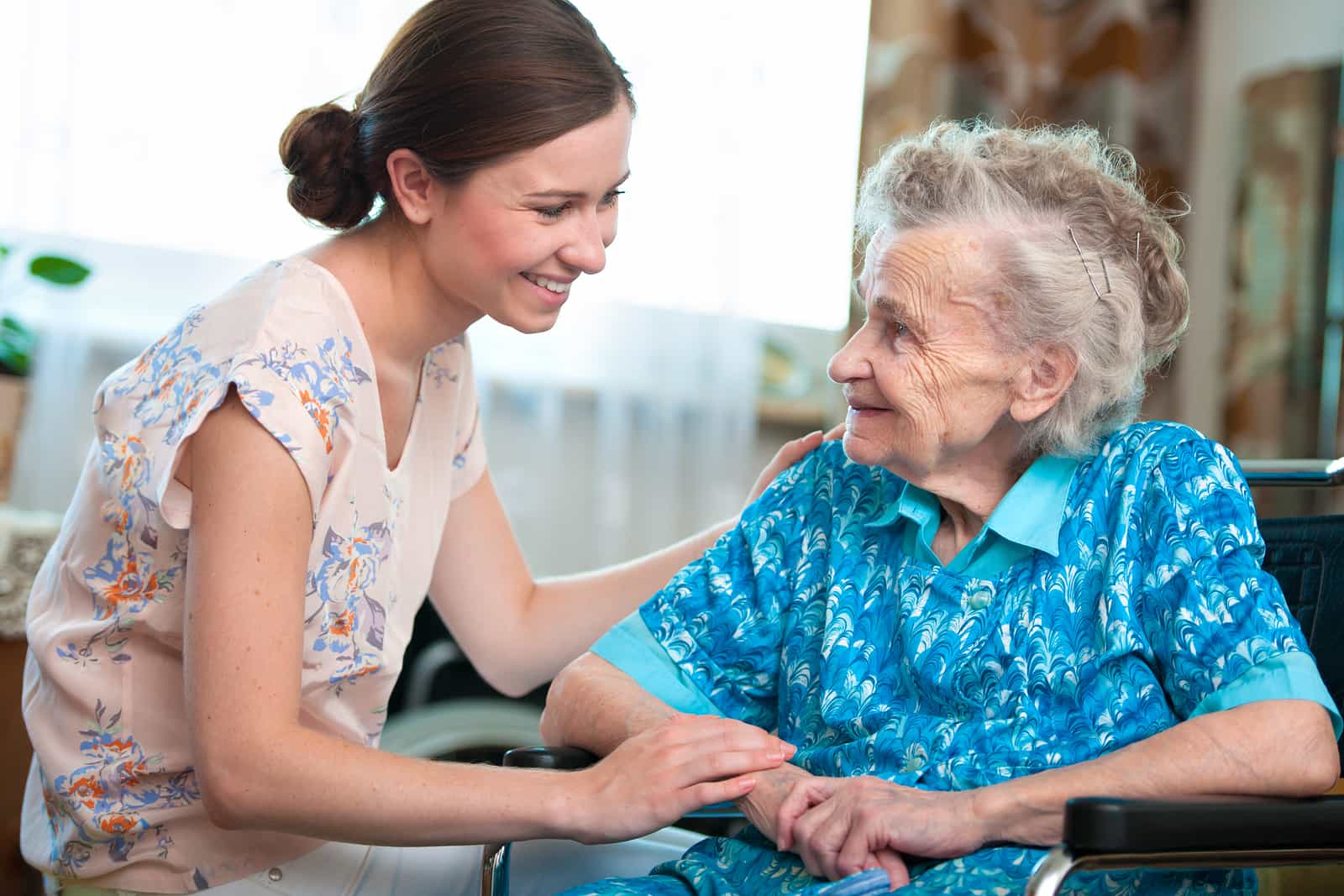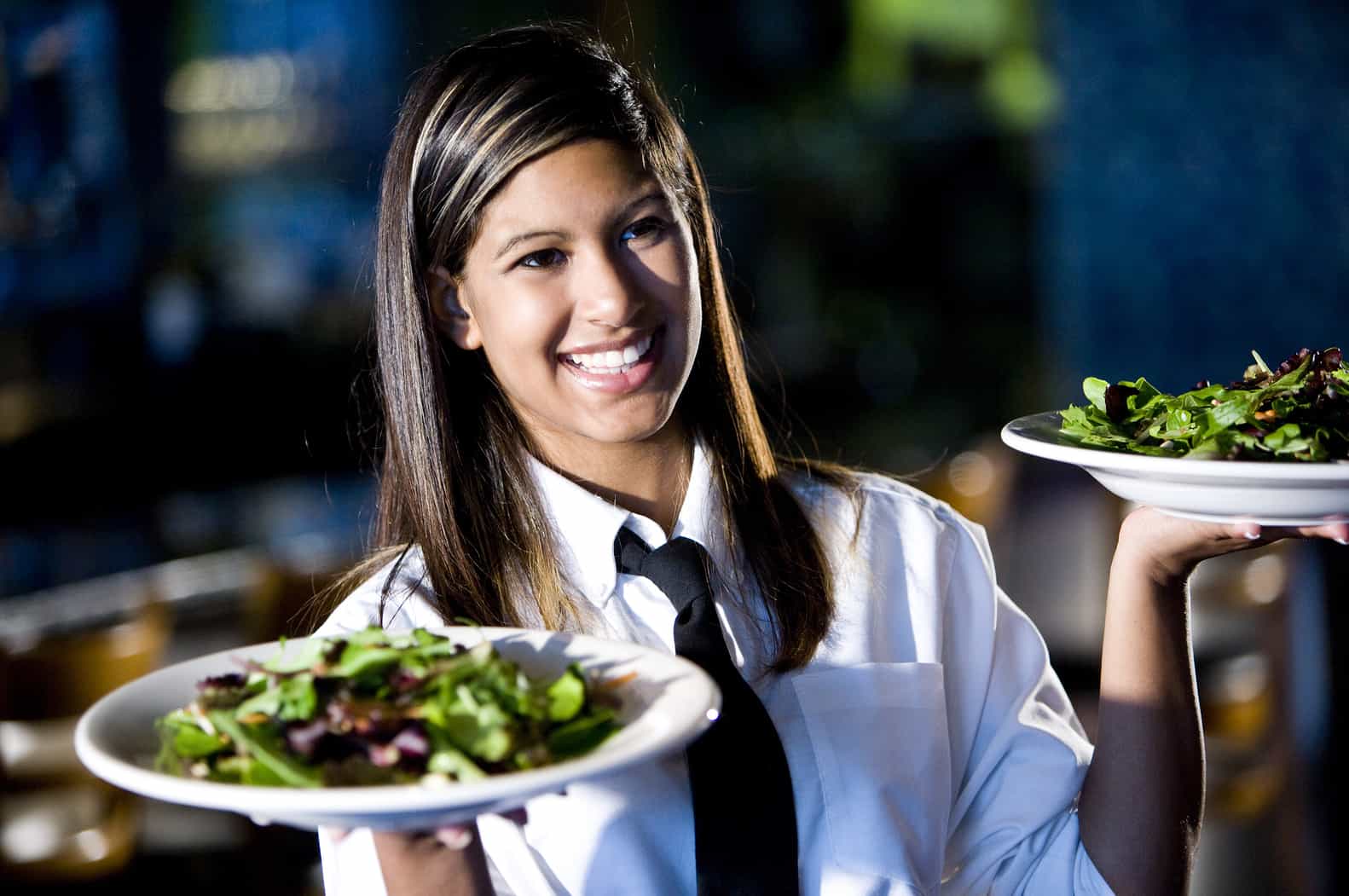When someone you love gets older, there comes a point when you start to wonder whether they should be alone in their own home. Self-reliance is a part of dignity for all ages, so it’s understandable that your loved one wants to stay put. There really is no place like home.
Thankfully, there are many ways your aging relative can stay independent — and safe.
Here are five senior caregiving tips to help reduce worry and keep your loved one active, autonomous and healthy.
Help Out
Do what you can for your elderly relative, whether that means visiting once a week, sorting medicines into an easy-to-use pillbox (and calling to remind your loved one it’s time for meds) or providing rides to appointments.
Know Your Options
Keep a list of resources available for extra support. After all, you can only do so much by yourself. Phone local grocery stores and pharmacies to ask about online ordering and delivery services. Look into which dry cleaners pick up and drop off clothing. Consider finding a housekeeper or cleaning service to help with chores if your elderly relative does not have the energy or strength to clean sufficiently. If making hot meals becomes a burden for your loved one, check into a meal delivery program from your community center or local volunteers through nonprofit Meals on Wheels.
Prevent Falls With Knowledge
Among the many challenges your relative encounters, none is as dangerous as the risk of falling. Tripping and falling is the number one reason elderly folks lose their independence, according to Centers for Disease Control and Prevention. Dry skin, forgetfulness and trouble hearing can be problematic, for example, but they won’t rob your loved one of their autonomy as quickly as a fall. Prevent falls by encouraging your aging relative to exercise regularly (as the National Institute on Aging recommends), use a cane and keep floors clutter-free. Your elderly relative may need help exercising. Taking them on walks regularly can encourage exercise and boost morale.
Cultivate Resources for Yourself
Responsibility may rest on you to both care and advocate for your loved one. This can be too much for one person. As you sacrifice, it’s imperative that you also care for you. Take advantage of caregiver support services from your LifeCare® Work-Life Employee Assistance Program, which can supply you with practical senior caregiving help as well as expert counseling and emotional health services for both you and your loved one. You might also consider joining an online or in-person support group that lets you rant or gush about your experiences.
Know the Signs
Once you’ve taken these measures, you’ll feel better knowing that you’ve positioned your elder for success. However, you’ll still need to be able to recognize when it’s time to make the call and enlist the help of a senior caregiving facility. Keep an eye out for these signs:
- If your loved one has fallen once, their chances of falling again doubles. No matter how many safety precautions you take, falling at home is still a serious danger.
- When an older person becomes withdrawn or depressed, a senior caregiving facility with routines, activities and other elders can be the best place for them.
- While you’re a good caregiver, you are not a doctor. So if your aging relative is sick or injured, professionals are the best people to nurse them.
If it is time to find a senior caregiving facility, your EAP can assist.
Millennials, Gen-Xers and boomers alike will eventually be called upon to care for an aging family member. To ensure you’re ready to flourish in this situation, choose one of the above suggestions and make a commitment to take action today. Proactively having open communication with your loved one means that everyone will be prepared — not surprised — as this life event plays out.




